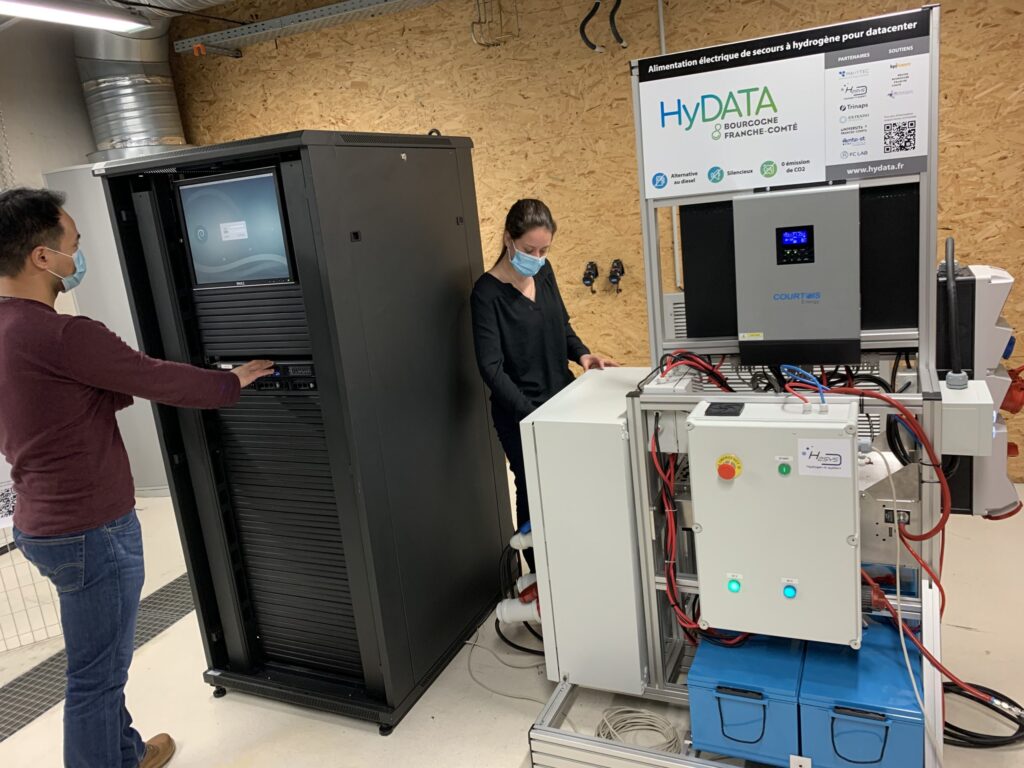In a context where electrification is becoming widespread and energy demand is skyrocketing, existing electrical infrastructures are under severe strain, especially during extreme weather conditions. Current systems, although robust, struggle to adapt quickly to peaks in consumption. This is where hydrogen, with its potential as a supplementary energy source, emerges as a viable solution to address these shortcomings. Far from merely augmenting the existing grid, hydrogen offers a promising answer for clean backup power, capable of withstanding weather whims while facilitating the energy transition towards a future less dependent on fossil fuels.
Managing Demand Peaks and Climate Extremes: Hydrogen as the Key
Faced with a growing electrification aimed at reducing carbon emissions, electrical grids are under pressure. Demand peaks during extreme weather events exacerbate the challenges posed to energy infrastructures. For cold regions and during heat waves, the current capacity of the grid may not be sufficient. In this sense, hydrogen emerges as an essential complement. Its role as a clean energy source offers a viable solution to support the grids, especially when energy demands soar. With pilot projects like those in Germany and Japan, the integration of hydrogen into heating is starting and demonstrating its capacity to meet peak energy needs. By combining existing technologies with innovations in safety, hydrogen plays a central role in the transition to a sustainable and balanced energy future.

Understanding the Challenges of Demand Peaks
The soaring electrification of households and industries presents considerable challenges to the electrical grid, especially during periods of intense demand. In particular, cities facing harsh climates are seeing increased heating or cooling demands. Maine or Montana, for example, require quadrupled capacities on the coldest days to maintain adequate warmth.
The Importance of Hydrogen for Backup Power
Adapting the grid to a total electrification is not a one-size-fits-all solution. On the contrary, hydrogen, as a green energy source, can provide a reliable alternative during high demand periods. This simple element offers potential solutions to support the grid when consumption peaks, without requiring massively costly or extensive storage solutions.
Investment in hydrogen innovation has gained increasing importance. Solutions like the development of hydrogen heating systems promise to meet energy needs during peaks while minimizing the carbon footprint. For example, projects like those undertaken in Germany and Japan demonstrate that hydrogen can be effectively integrated into the current supply, thereby reducing risks associated with insufficient supplies.
Global Initiatives and Future Perspectives
On a global scale, we see countries leveraging hydrogen to address the unique climate challenges they face. The Netherlands is testing hydrogen residential heating with expansion plans for 2030. In California, hybrid systems using hydrogen fuel cells serve as essential eco-energy backup solutions to safeguard against emergencies such as wildfires.
Articles similaires
Thank you!
We will contact you soon.














